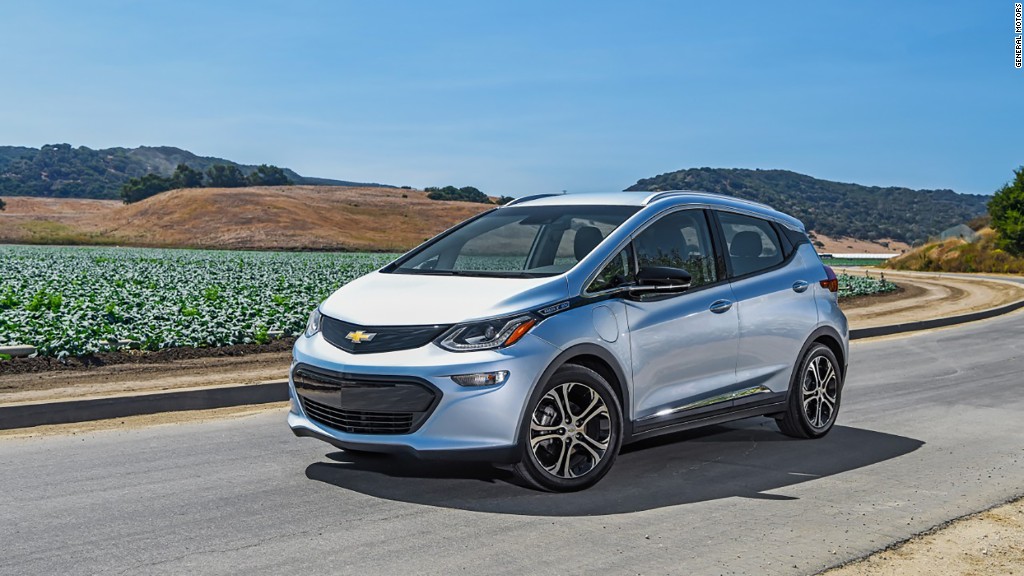
The Trump administration announced Wednesday that it will review long-term fuel economy rules.
That's good news for the auto industry but it's angering environmental groups.
And for car buyers, a chance at relaxing fuel economy rules could mean money saved in the short term, but with costs further down the line.
First, the good news: Cars will be cheaper
The auto industry has long argued that increased fuel economy requirements will raise the price of cars. In order to boost mileage, manufacturers have to use more expensive, lightweight materials like aluminum, high-strength steel and even carbon fiber and composites.
Automakers would also need to use more hybrid technologies that requires expensive batteries. Beyond that, they'll need to use more sophisticated, expensive, engine technologies like complex fuel injection systems and turbochargers to boost power from smaller and smaller engines.
Consumer groups counter that although the industry has warned repeatedly about how tighter regulation will boost car prices, only to prove, time and again, that it can actually meet requirements without charging lots more. The fact that cars have gotten much more efficient but are selling in record numbers seems to indicate that affordability is not a problem.

This time could really be different, though, some experts say. So far, the industry has been able to meet the increasing fuel economy requirements using relatively easy-to-implement technologies. But as those requirements increase, automakers will need to get more creative, and that could very well lead to higher car prices.
Now, the bad news: When gas prices go up, you're in trouble
With gas prices hovering a little over $2.00 a gallon, consumers aren't really scrambling to eke out every last mile per gallon. What people tend to forget is that gas prices will probably go up at some point, possibly by a lot.
Environmental and consumer groups say that if there is another gas price spike, consumers will be stuck with vehicles that aren't as efficient as they could be. That means that they're going to spend a lot more on gas.
In fact, even if gas prices stay at today's levels, consumer's could save $3,200 to $4,800 over the life of a vehicle if current fuel economy requirements are left unchanged, according to the group Consumers Union. if gas prices rise, the savings could increase to $5,700 to $8,200.
And let's not forget the polar bears.
These emissions and fuel economy regulations were put in place to protect the environment, not to make car owners happy. Fuel burned for transportation accounts for 37% of greenhouse gas emissions in the U.S., according to the Sierra Club.
So relaxing these rules will have the additional impact of making the Earth's atmosphere warmer, which means more melting ice in the Arctic and shorelines creeping ever closer to coastal residential areas.
Of course, it's not clear just yet what the Trump administration wants to do, or what kind of compromise might be brokered between the industry and environmentalists.

